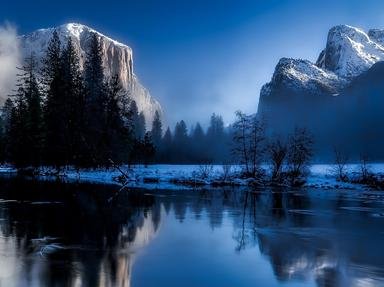Quiz Answer Key and Fun Facts
1. January 1st is, of course, New Year's Day in much of the world, and, perhaps symbolically, has been chosen in many places as the National Day of many nations. Which is NOT one of them?
2. Which of these international organisations came into being on January 1st 1958?
3. January 10th is National Day in the Falkland Islands. By what other name is it often known to Falkland Islanders?
4. In Myanmar, January 4th is celebrated as National Day. What was the former name of this Asian country?
5. Not everyone celebrates December 25th as Christmas Day. In fact January 7th is the date that the Rastafari Movement marks Christmas. Where is the spiritual 'birthplace' of the Rastafari Movement?
6. On January 24th 1986, an industrial dispute began at Wapping in London that was caused by proposed changes to one of the United Kingdom's most powerful industries. Which of these was it?
7. January 25th is the date used to celebrate the life and works of one of Scotland's greatest poets and lyricists. Who was this 18th century bard?
8. In 1945, one of Nazi Germany's most notorious labour and extermination camps was liberated by the Allies. The anniversary of the liberation of which of these is marked on January 27th?
9. January 30th 1972 is remembered as one of the darkest days in the history of the British Army when 14 men were shot and fatally wounded in Northern Ireland's second city, Derry. By what name did this event later become known?
10. On January 30th 1948 one of the 20th century's best known political activists, a man known for advocating peaceful protests, was assassinated. Who was he?
Source: Author
darksplash
This quiz was reviewed by FunTrivia editor
bloomsby before going online.
Any errors found in FunTrivia content are routinely corrected through our feedback system.

